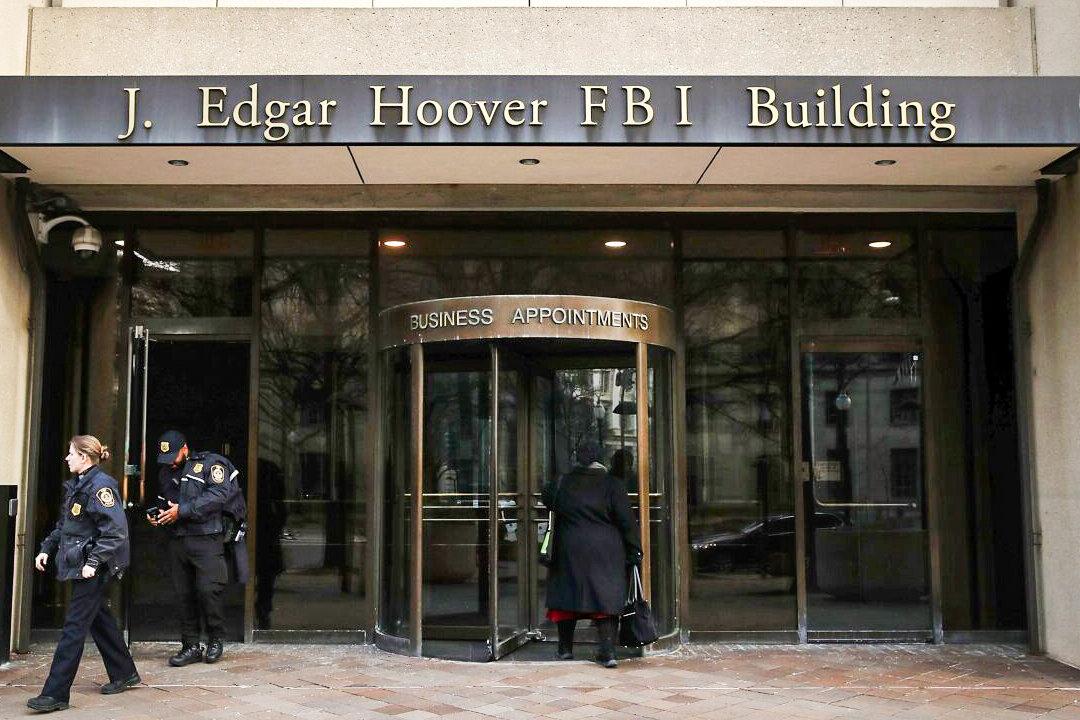Nearly 25 years ago, FBI agent William McGrath resigned after refusing to follow an order that allegedly would have blown a federal informant’s cover.
According to McGrath, FBI officials retaliated against him by spreading false information designed to damage his career. Those officials were never held accountable for their actions, he said.




